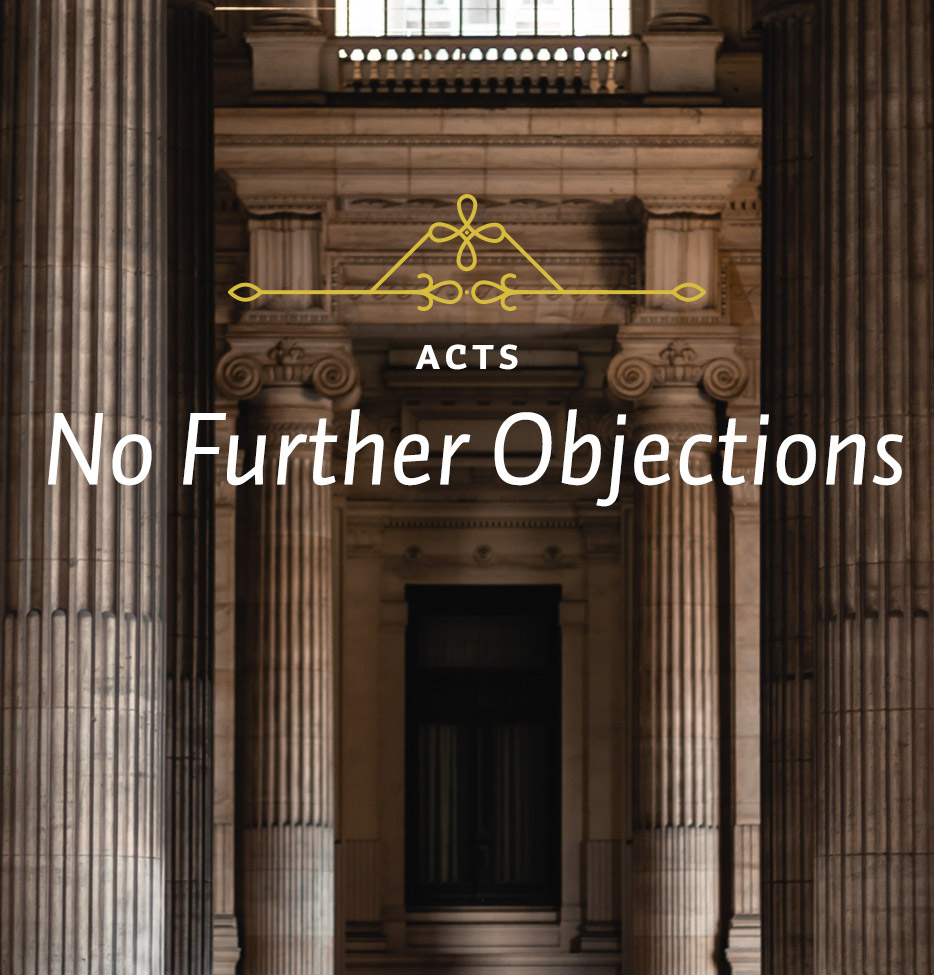How does God lead people? In yesterday’s study we began a discussion of how Peter was led, beginning with the recognition that Peter was praying.
2. Peter received a revelation (vv. 5-10). This does not happen to everybody. Peter was an apostle. We are not. However, in this important case, Peter was given a vision of the great sheet let down from heaven with all kinds of animals in it, some clean according to Jewish understanding and some of them unclean, no doubt the very beasts mentioned in Leviticus 11, a chapter which deals with clean and unclean animals.
That was a revelation about food, if nothing else, and Peter would have picked that up. He would have remembered that on one occasion, when Jesus was asked about defilement from eating unclean food, the Master had said, “What goes into a man’s mouth does not make him ‘unclean,’ but what comes out of his mouth, that is what makes him ‘unclean’” (Matt. 15:11). By such teaching Peter would have been prepared to learn that kosher restrictions were to be a thing of the past. God was now purifying peoples’ hearts rather than their dishes.
But more important than that, God was also talking about people. And he was saying that Peter was not to call those whom God was calling to faith in Jesus Christ unclean. The frame of mind by which Peter approached eating was to be changed, and that in turn would change how he approached other people. He was not to say, as the Jews of his day were saying, “We Jews are clean, but those Gentiles are unclean.” He was not to say that. Because the only way anybody, Jew or Gentile, was ever really to become clean was by the work of Christ and that was now being offered to everybody.
We are not to expect special revelations like Peter’s today. If it does happen that God gives some persons special revelations or visions, it happens very rarely. And the chief and only sure way God guides His people today is by the Bible. So what we have in these first two means of guidance that Peter talks about—prayer and a divine revelation—is paralleled by what we have in our times of prayer and Bible study. When we open our hearts to God, asking for His leading, and then study His Word, God takes that Word and applies it directly to our situation.
If Peter were speaking before the Jerusalem council today, he might say, “I prayed about it, and we searched the Scriptures. I believe this is what the Bible teaches and that it applies in this way.”
3. Peter appealed to circumstances (vv. 11-12). He said that while he was praying and immediately after he had received the vision, suddenly men from the household of Cornelius came to him. Timing like that could not have been accidental. God is the God of circumstances. He rules this world so that nothing is accidental. We may not always see His hand in circumstances, but God does have a purpose when things happen.
Think what would have happened if the men had come only an hour earlier. Simon the tanner, who was a Jew, would have said, “I am sorry but you cannot come in here. This is a Jewish home.” Or if he had not said that, Peter would have.
It did not happen that way. The Gentile visitors came exactly at the time Peter had received the vision. Moreover, the vision had been repeated three times, and here were three men. Perhaps that also helped Peter to recognize that God’s hand was in the circumstances. The vision had alerted Peter to the fact that God was about to do something important, and almost immediately God was working by sending Cornelius’ men to Joppa. Notice the order.
First, Peter had been praying. Second, he had the equivalent of what we would call a Bible study. Third, and only after that the circumstances began to fall into place.
The order is important, because many Christians like circumstantial leading and want to depend on circumstances without first praying and studying the Scripture. And, of course, they are often terribly misled. This is because circumstances can be read in different ways. Sometimes, when things come into our lives, we say, “This is God’s circumstantial leading,” when actually we are only interpreting the events to make them what we want them to be. It is only safe to trust circumstances after we have first been praying and studying the Bible. Circumstances are only good if they confirm what God is teaching.






